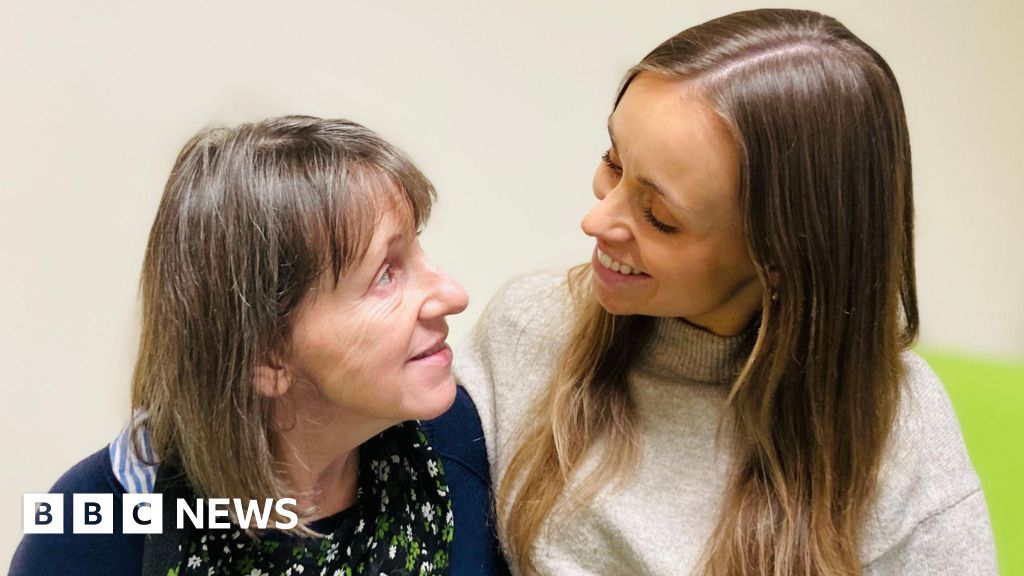Here is the plain text result:
A woman who is at least the fourth generation of her family to suffer a “cruel” brain disorder, which leaves people trapped in their own bodies, is hoping a drug trial can give hope to future patients.
Samantha Dennison, 58, has neuroferritinopathy, a rare disease that mainly affects a small number of families with roots in Cumbria.
She is taking part in a trial to see if an existing drug, deferiprone, can remove the build-up of iron in the brain which causes the disease.
The condition, discovered by medics in Newcastle in 2001, usually results in patients losing the ability to talk or move while remaining fully aware of the world around them.
Scientists believe that worldwide there may only be about 100 people with neuroferritinopathy, but by the time they are diagnosed they may have children also carrying the gene.
Those who discovered and named the condition said it had often been misdiagnosed as Parkinson’s or Huntington’s disease prior to 2001.
Whole families can be affected at once, including four sisters in Cumbria whose story the BBC featured last year, ahead of the Cambridge trial.
Mrs Dennison, from Bradford, was the first person to have her brain scanned for the study and recently returned to Cambridge for another MRI.
She now finds walking and talking difficult and said the condition had left a trail of destruction to her family.
“Samantha’s daughter, Steph, knew she was at risk of carrying the same gene and saw her grandfather deteriorate after he had been wrongly diagnosed with Parkinson’s.”
Steph was terrified of finding out if the same thing was going to happen to her, to the extent that she feared having children of her own.
“If we can show in this condition that reducing iron stops the nerve cells being damaged, it is not a big jump to suggest a similar approach might be helpful in Parkinson’s disease or Alzheimer’s disease,” Prof Chinnery added.
The trial is a double-blind study, so no one knows who is on the drug and who is taking the placebo, with researchers monitoring changes in iron levels in all participants.
Cambridge University is still recruiting trial subjects and if deferiprone – as an existing approved drug – works, it is hoped doctors will be able to prescribe it quickly.
With her own speech now slowing down, Samantha Dennison said her big wish was for future generations.
She said: “If they can have the disease stopped in its tracks, that would be absolutely amazing.”
Source link




